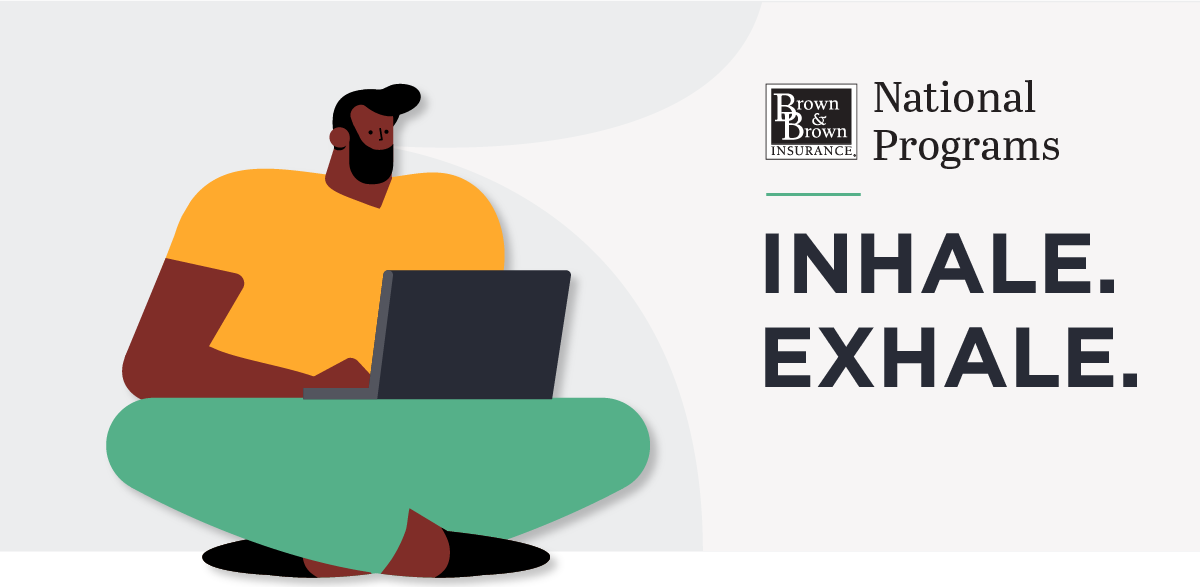
Breathe in. Breathe out.
Most of us don’t normally think much about the oxygen we take into our lungs every day. That is, until COVID-19 knocked the wind out of us. It forced us to consider, and in some cases obsess over, the roughly 25,000 breaths we take each day. Wearing a mask whenever we leave our homes, we find ourselves second-guessing every cough we make, or any time we feel a shortness of breath. This can leave us feeling stressed, anxious, and increasingly tense.
Believe it or not, though, there’s actually a bright side to this increased awareness of our breathing habits. Focusing on our oxygen intake may help our health and resilience. Science has shown us that practicing deep abdominal breathing helps reduce stress and soothe our minds and bodies. These GIFs are timed to help you take deep, controlled breaths; take a few seconds to check them out below.
Notice anything different? You should be feeling calmer, and more relaxed. That’s because deep breathing activates our bodies’ natural relaxation tool, otherwise known as the parasympathetic nervous system. Breathing deeply combats physical anxiety on a fundamental level. Taking in more oxygen lowers our heart rate and calms our nerves. Because of this, many doctors are starting to recommend breathing exercises to help build our respiratory health in the fight against COVID.
Another benefit of breathing exercises is that they can help keep us from over-breathing. Breathing too quickly makes the heart work overtime, increases our blood pressure, and generally makes us feel stressed. Relaxing our breathing may sound easy, but like many things in life, it takes practice to perfect. Doctors recommend practicing when you’re already feeling calm. Inhale. Exhale. Here are a couple more breathing exercises to try.
|
|
|


